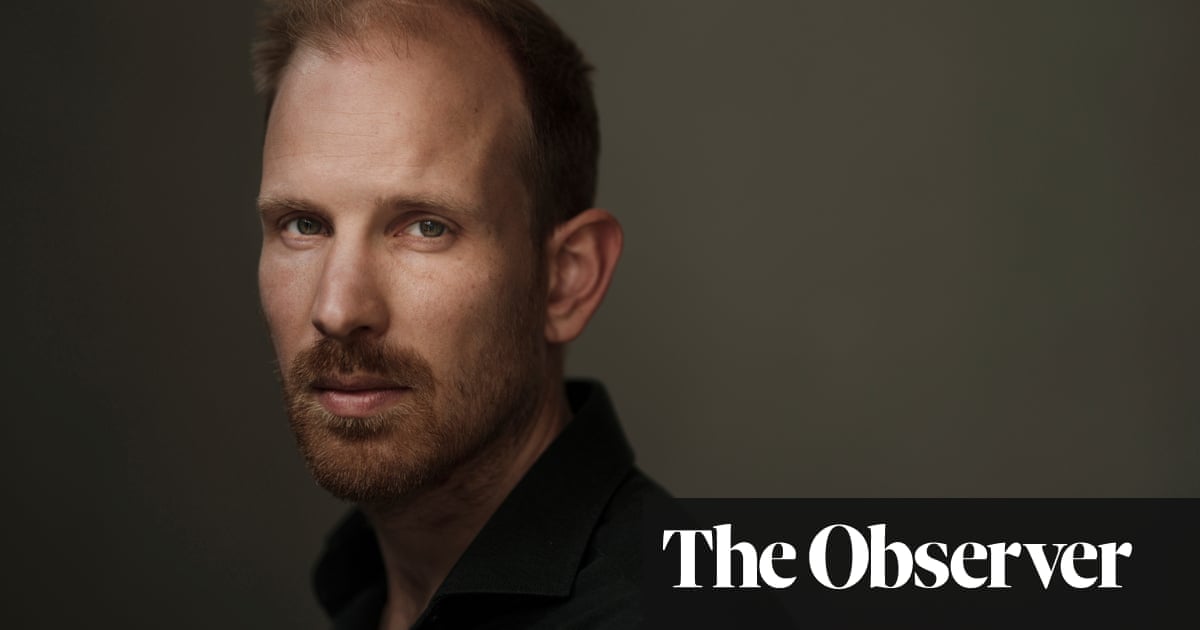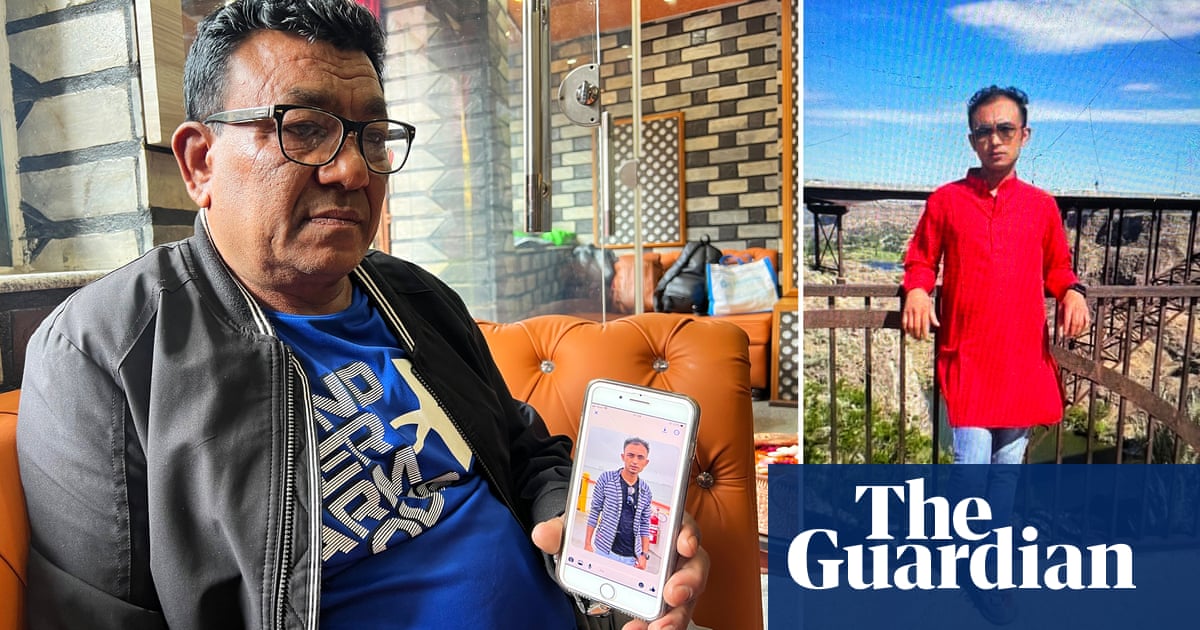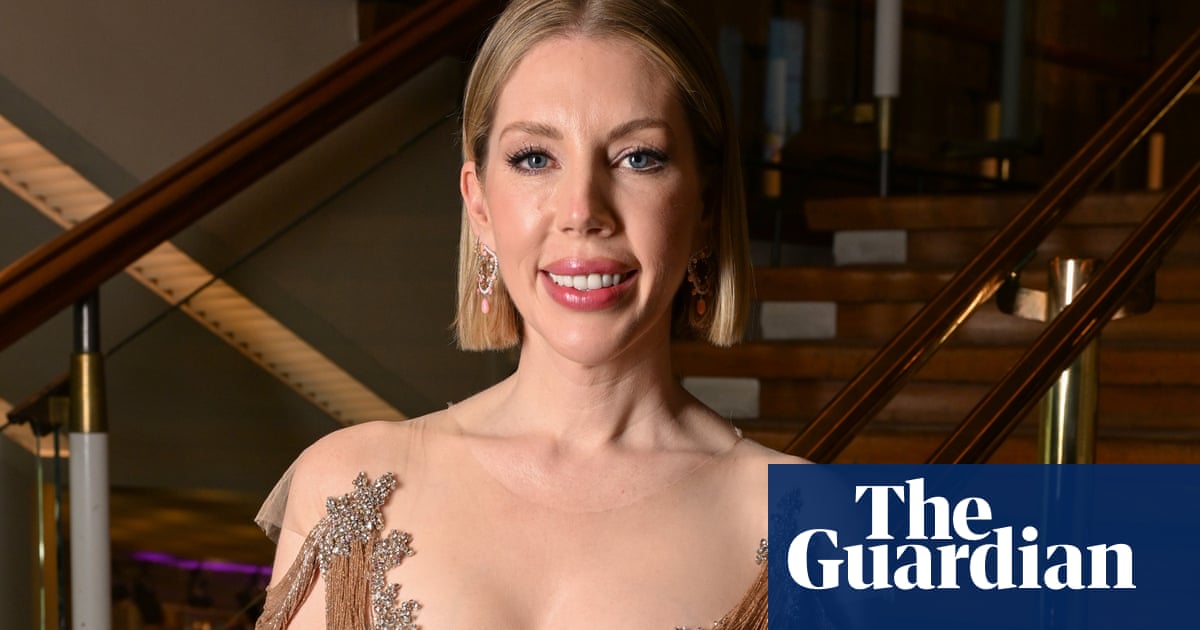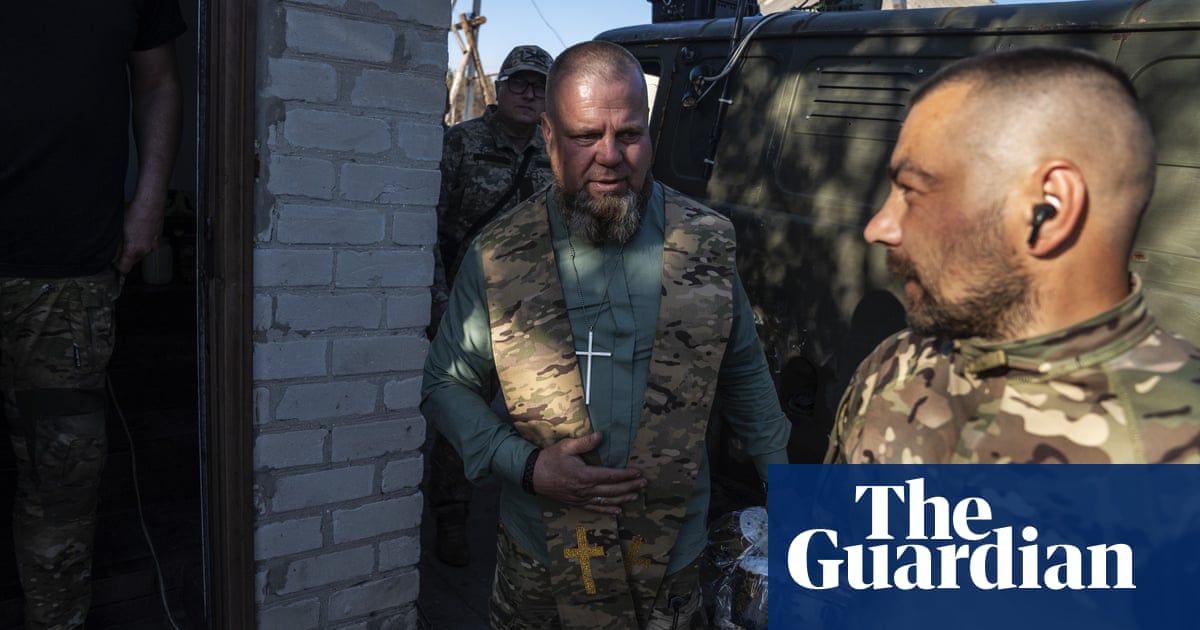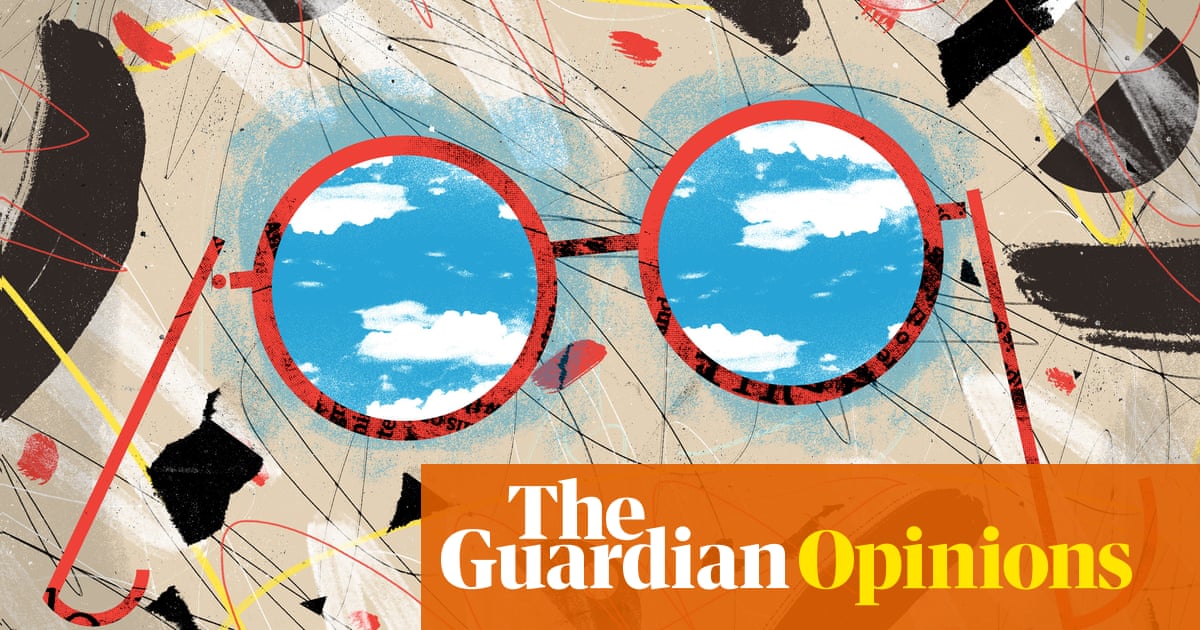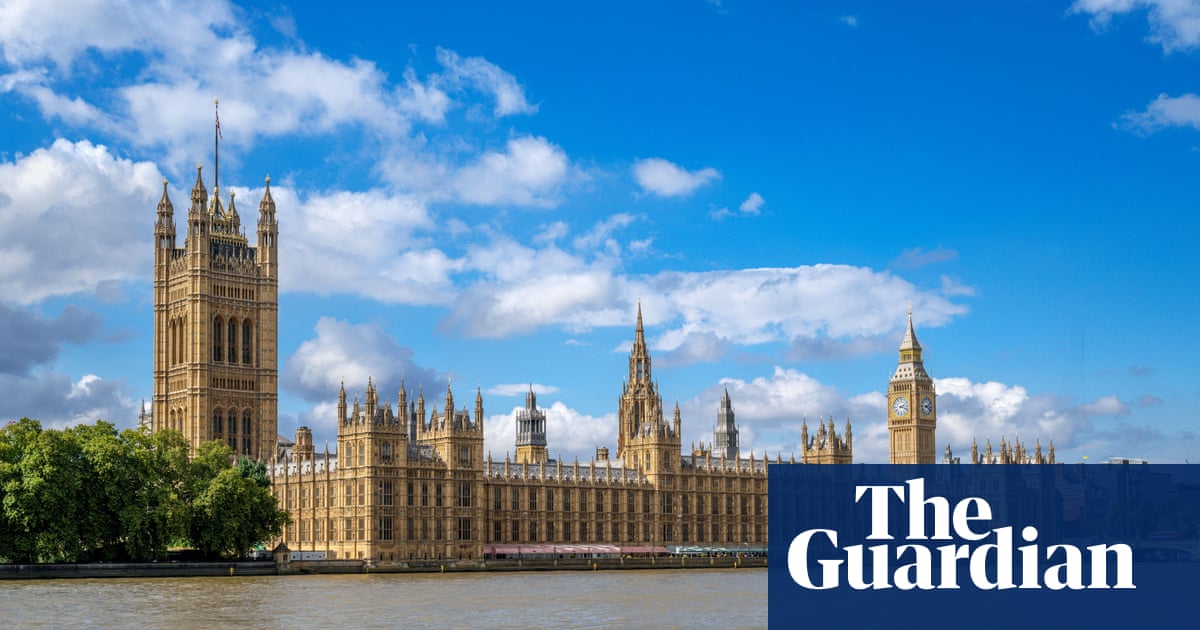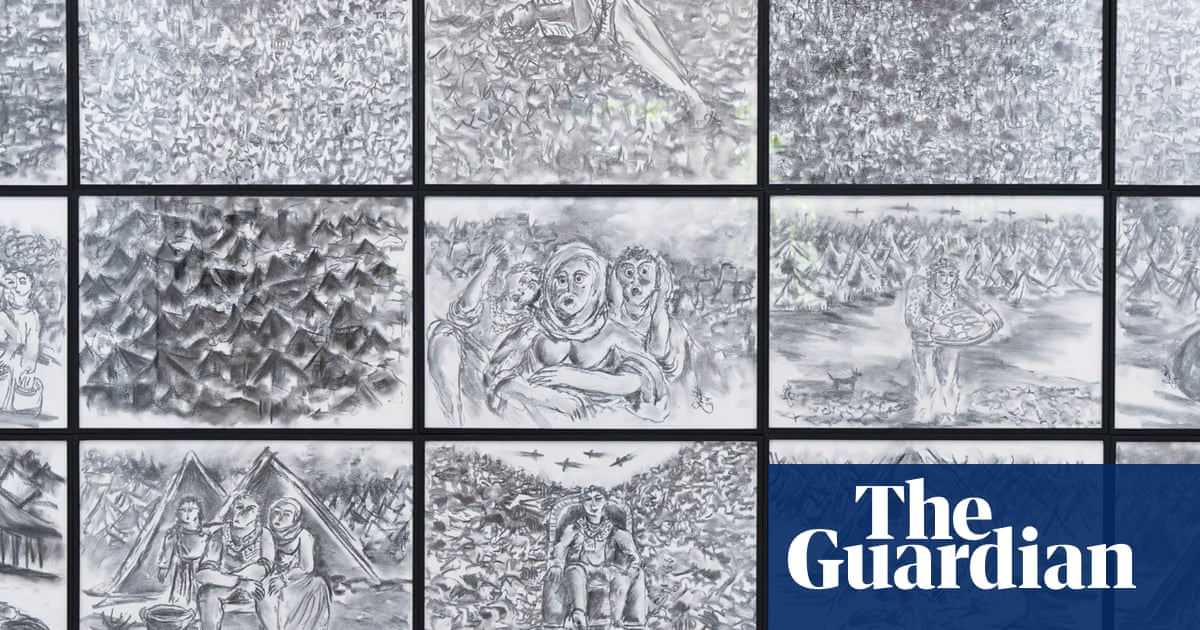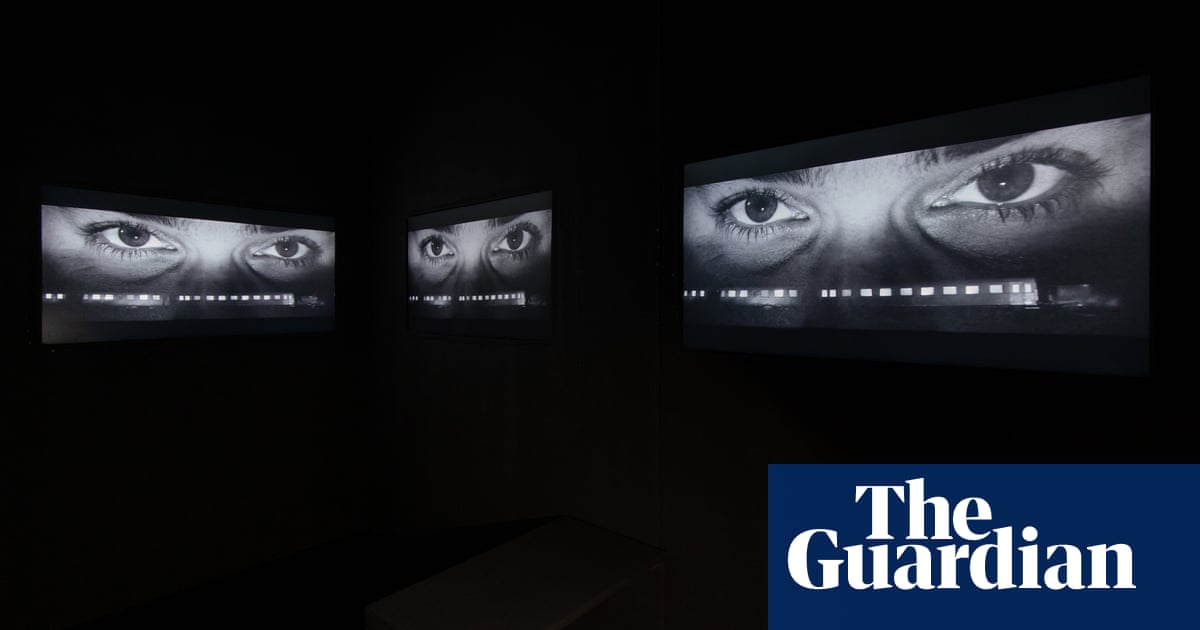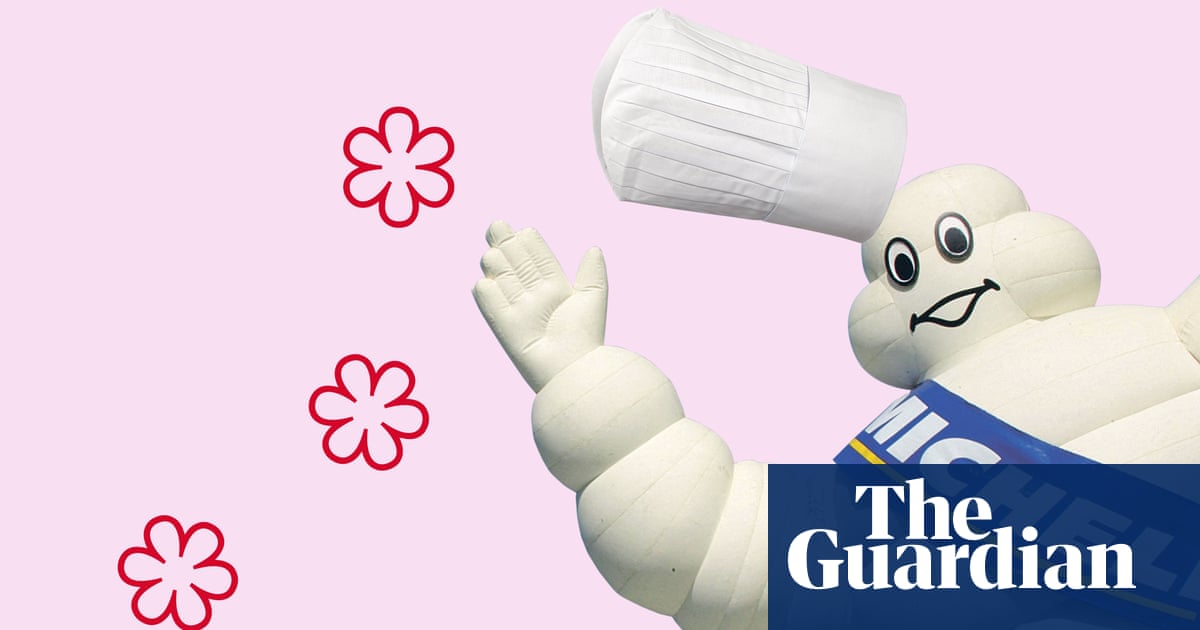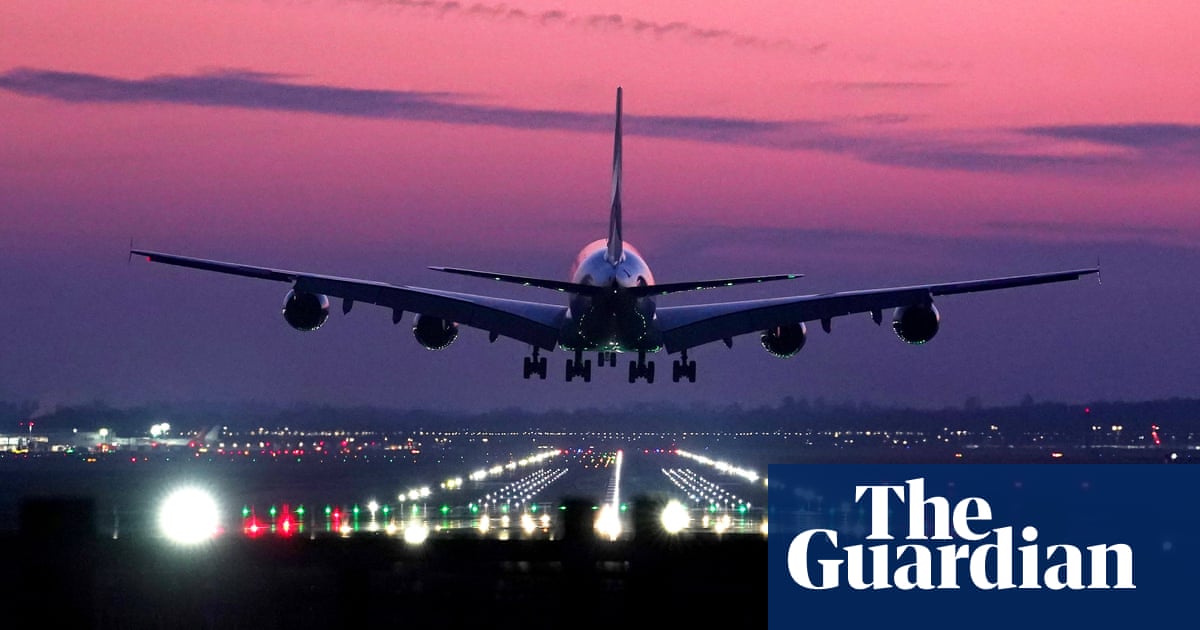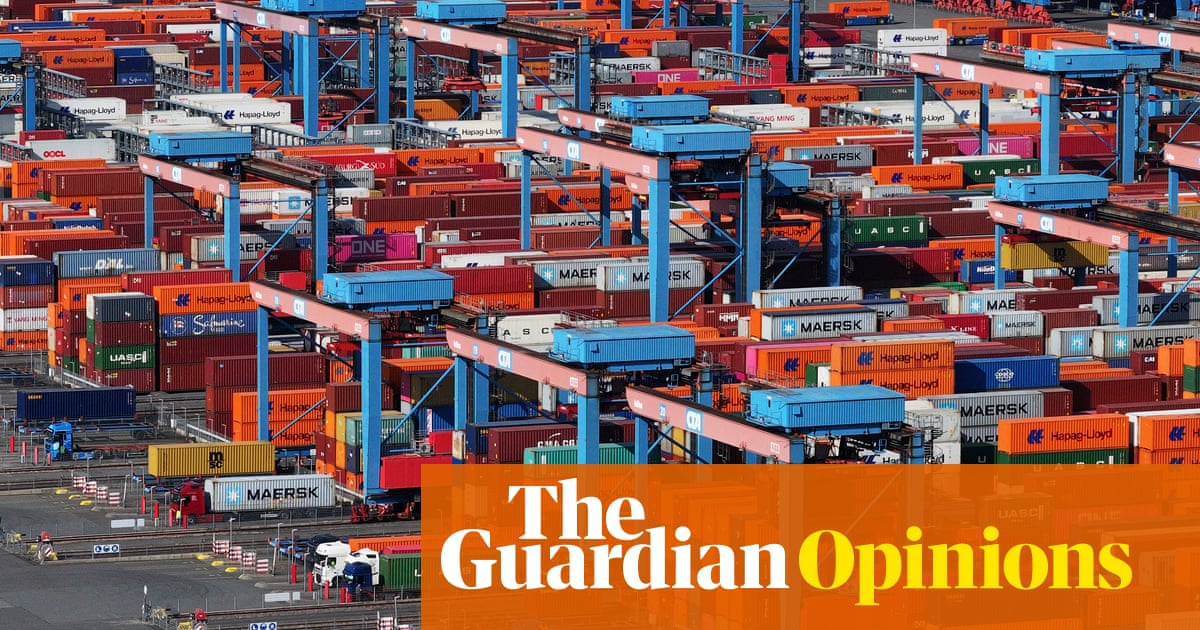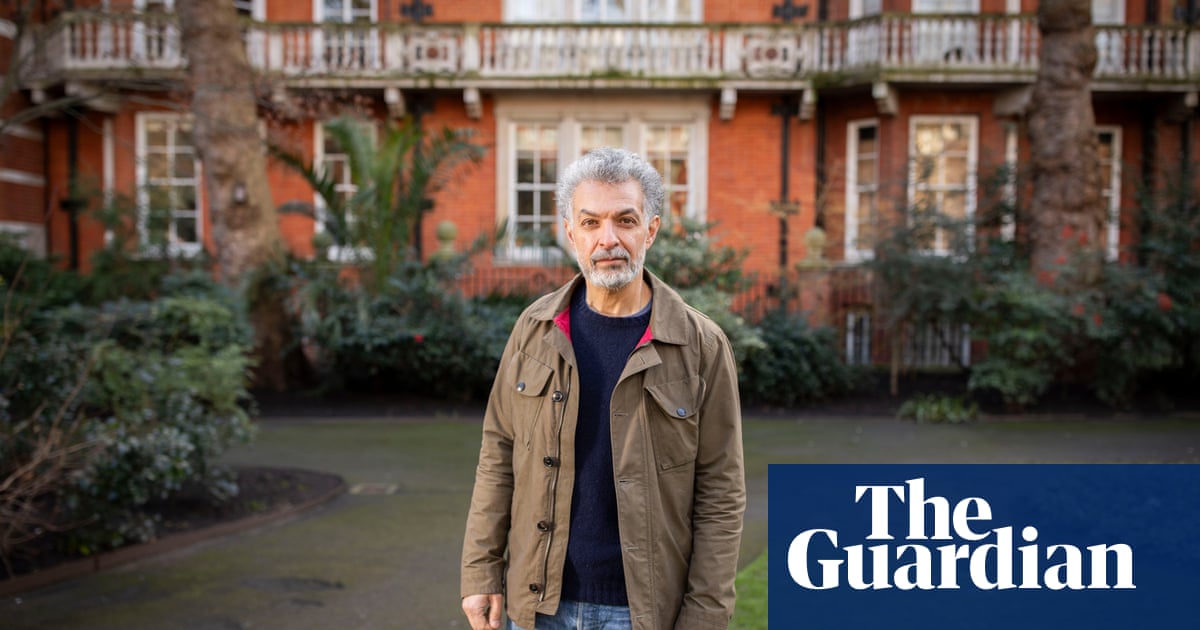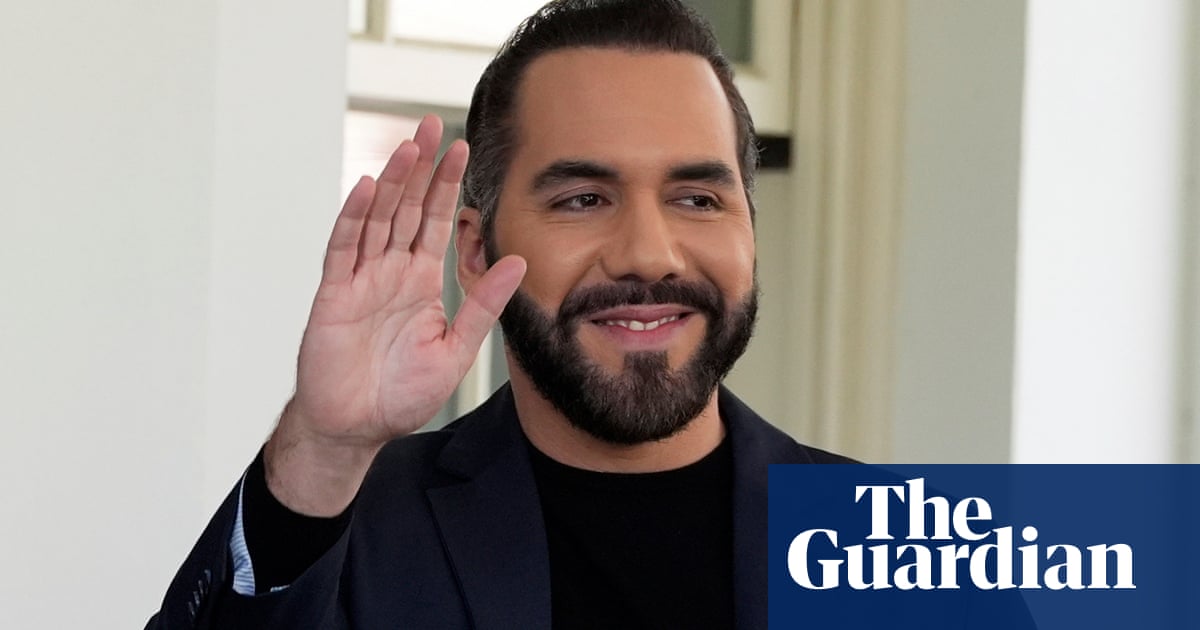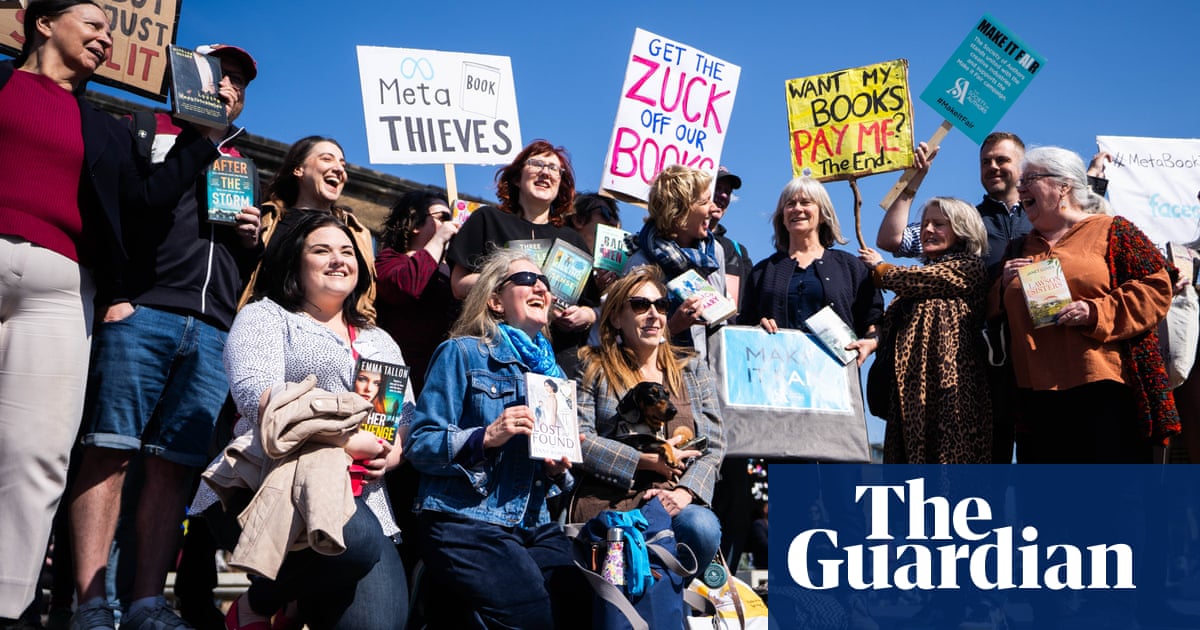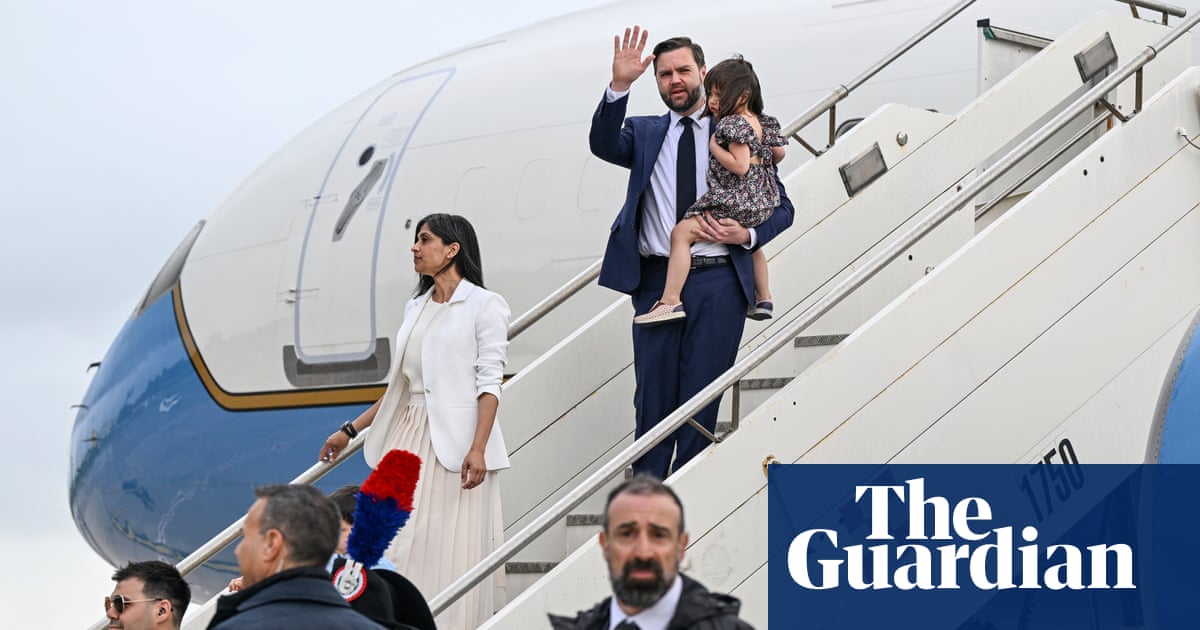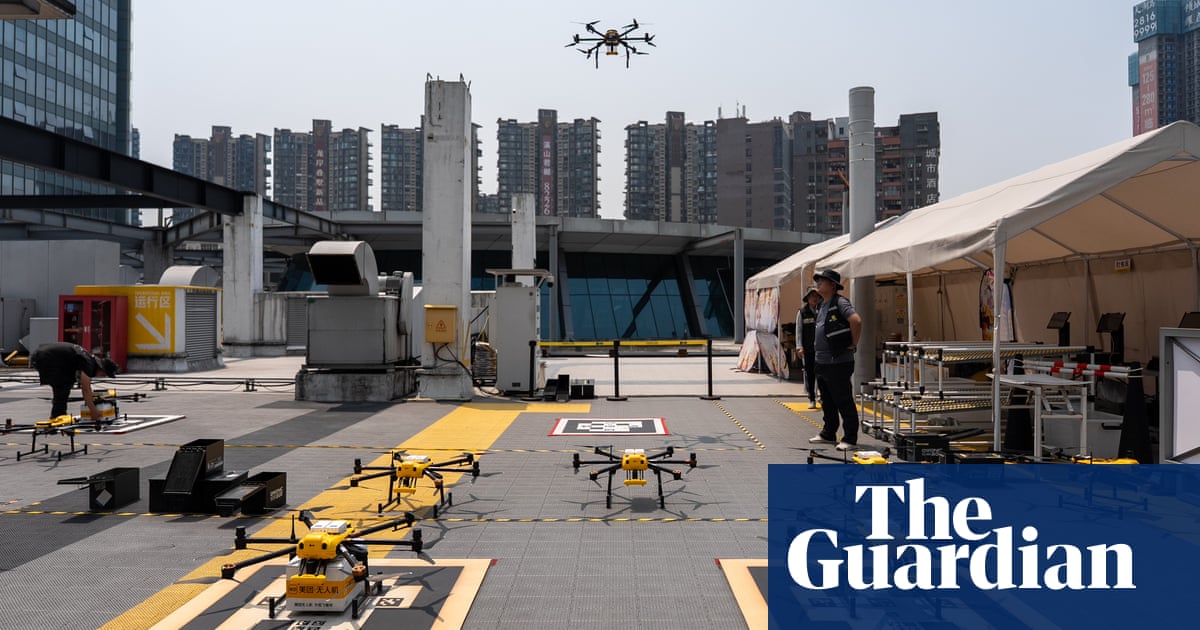Ismael Arroyo, 15, dreamed of becoming a great footballer, like Brazil’s Neymar. His brother, Josué, 14, preferred the French star Kylian Mbappé. For Steven Medina, 11, playing like either Neymar or Mbappé would have been just fine. Nehemías Saúl Arboleda, 14, had a different dream: he aspired to become a singer.
The four Black boys from Ecuador’s coastal city of Guayaquil had just finished a football match one Sunday night last month when they were forced into a military patrol car by members of the Ecuadorian air force.
It was the last time the boys were seen alive.
For two agonising weeks, their parents sought answers from the government, to no avail. Then on Christmas Eve, four charred, dismembered bodies were found near a military base close to the site of their detention.
On New Year’s Eve, DNA tests confirmed the remains belonged to the “Guayaquil Four”, prompting a wave of grief and outrage across the country.
“We are shattered,” said Luís Arroyo, 36, father of Ismael and Josué, in the living room of their home in Las Malvinas, a densely populated and impoverished neighbourhood where all the boys had lived. “It has completely changed our lives,” he sobbed.
The birthday of the Arroyos’ youngest daughter, Akira, was on 2 January, said the children’s mother, Katty, 37.
“At night, she wakes up crying, asking for her brothers,” she said. “She held on to the hope that her brothers would be here for her birthday.”
On Wednesday, a month after the boys disappeared, their parents were joined by hundreds of neighbours and activists from across Ecuador’s most populous city for a chigualo, a funeral ritual of the Afro-descendent populations of coastal Ecuador and Colombia, intended to help the souls of deceased children find peace.
Carrying palm leaves and white roses, the mainly Black crowd passed each of the boys’ homes to the sound of drums, arrullos – lullabies for the dead – and cries for justice.
“We have endured all of this simply because we are Afro-Ecuadorians and live in Las Malvinas,” said Arroyo.
Despite making up only 4.8% of the population – a figure that Black movements argue is underestimated – Afro-Ecuadorians are among the most affected by President Daniel Noboa’s year-old mano dura (iron fist) security policy against organised crime, activists say.
“The violence we’re facing – from the state and many within society – is killing us,” said human rights activist Cecilia Sánchez, 57, who was among the crowd. “Ecuador is a racist country, but racism is not a part of the national debate.”
The four boy’s deaths came nearly a year after an explosion of crime – including a gang attack on a TV studio as it was broadcasting live – prompted Noboa to declare an “internal armed conflict”, deploying the armed forces to patrol the streets, conduct anti-drug operations and control prisons.

The homicide rate plummeted in the first few months but later returned close to its previously staggering levels, making 2024 the second most violent year in the country’s history, exceeded only by the previous year. Meanwhile, other crimes, such as kidnapping and extortion, have continued to rise.
Much of the violence has focused on Guayaquil, Ecuador’s most populous city, and a key waypoint for the cocaine trade. European officials credit the crackdown for a big reduction in drug shipments, but security experts say that Noboa’s strategy has led to the country’s criminal groups reorganising.
Among Ecuadorians, the tough measures have been broadly popular, despite mounting human rights allegations against the security forces, but human rights groups say the case of the Guayaquil Four has prompted a shift in public attitudes to Noboa’s war on the gangs.
Black rights activists hope the boys’s deaths could also prompt Ecuador to reconsider its racial history, in the same way that George Floyd’s murder did in the US.
“For the first time, an Afro-racial issue has become a shared cause in our country,” said Uriel Castillo Nazareno, the coordinator of the Ecuadorian National Afro-Descendant Movement.
As in other countries of the African diaspora caused by the transatlantic slave trade, Black people in Ecuador face the worst socioeconomic indicators, but race has rarely played a central role in the national debate.
“Our people live in the impoverished belts of the cities because we were not given any other possibility throughout history,” said Nazareno, who helped organise the chigualo.
“The ritual was also a message for reflection to the living,” he said. “Why did these boys have to die?”.
The ritual culminated at the site where the boys were seized, just 10 minutes’ walk from their homes. By the end of the ceremony, the area had been transformed into an altar with candles, photographs and the harrowing image of grieving parents kneeling in anguish, still searching for answers about what happened to their children.
The military initially denied any involvement in the disappearances. It later admitted that air force personnel had detained the boys, but claimed – without offering any evidence – that they had been involved in a robbery.
Sixteen soldiers are now in pre-trial detention. Prosecutors are also investigating whether, beyond the “enforced disappearance”, the military personnel were also responsible for their deaths.
“The fact that they’re in prison is not enough,” said Ronny Medina, 39, the father of the youngest of the boys, 11-year-old Steven. “We want to know what they did and why they did it to our children.”
So far, the president has avoided addressing the case. His only mention came a day before the bodies were found, when he said the boys should be considered “national heroes” but emphasised that it was not yet the time to treat the case as a “state crime”.
Noboa, the heir to a banana fortune and Ecuador’s youngest president, is currently on the campaign trail for re-election, with the first round scheduled for 9 February. On Thursday, marking one year since the armed attack on the TC Televisión channel, Noboa visited the studio accompanied by military personnel.
“The president hasn’t even offered me his condolences,” said Luís Arroyo.
“I miss my sons. I love them more than you can imagine. I am no longer the same person I was before.”

.png) 3 months ago
25
3 months ago
25
